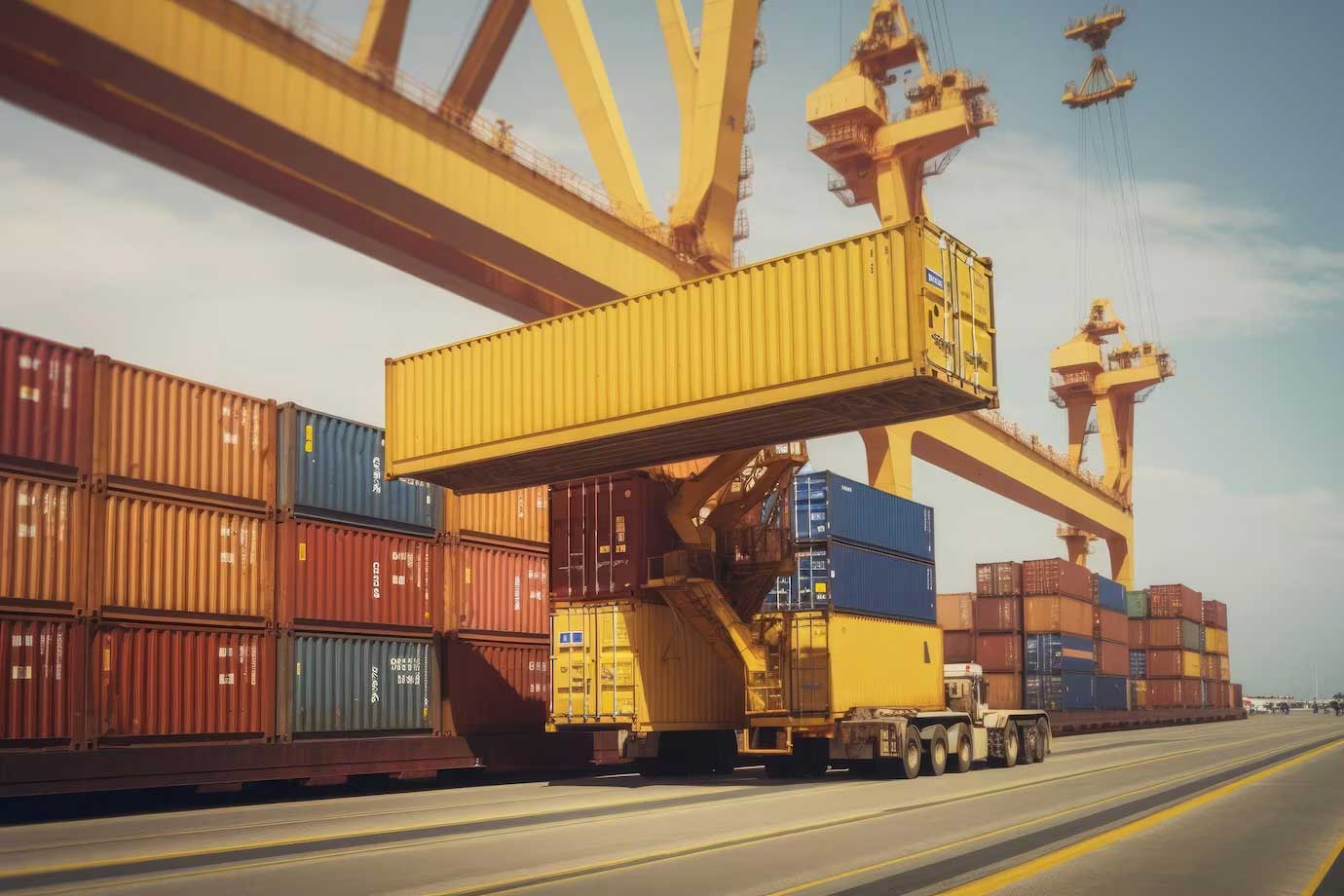
In the dynamic world of logistics, ensuring the security of high-value freight shipments is paramount. The stakes are high, not only in terms of the financial investment but also concerning the reputational risk associated with any mishap. In this guide, we will delve into effective strategies to safeguard your high-value freight, optimizing total freight cost while enhancing security measures.
Understanding the Significance of High-Value Freight
High-value freight refers to shipments containing goods of substantial monetary worth. These could include electronic devices, pharmaceuticals, luxury goods, or other items with a high market value. Protecting such shipments goes beyond the conventional security measures, necessitating a comprehensive approach to mitigate risks.
Assessing the Total Freight Cost
Before delving into security measures, it’s crucial to understand the implications of high-value freight on the total freight cost. Often, the expense associated with securing these shipments is justifiable when compared to the potential losses resulting from theft or damage. A meticulous cost-benefit analysis is imperative to strike the right balance between security and financial considerations.
Security Measures for High-Value Freight
1. Advanced Tracking Systems
Investing in cutting-edge tracking technology is a game-changer when it comes to securing high-value freight. Real-time tracking enables you to monitor your shipments at every stage of the supply chain. GPS-enabled tracking devices and sophisticated software solutions provide actionable insights, allowing you to respond promptly to any irregularities.
2. Containerized Freight Services
Opting for containerized freight services adds an extra layer of protection to your shipments. Containers are sealed and secured, reducing the risk of tampering or theft during transit. Additionally, containerized freight offers a standardized and efficient way to transport high-value goods, minimizing the potential for damage.
3. Strategic Route Planning
Careful consideration of the shipping route is crucial for the security of high-value freight. Opt for well-traveled and secure routes, avoiding areas with a high incidence of theft or other security concerns. Collaborate with logistics partners who have a thorough understanding of global routes and can provide guidance on the safest options for your shipments.
4. Enhanced Facility Security
The security of your high-value freight doesn’t end once it’s in transit. Warehousing and storage facilities play a pivotal role in ensuring the safety of goods. Choose facilities with robust security measures, including surveillance systems, access controls, and on-site security personnel. Regular audits of these facilities can help identify and address potential vulnerabilities.
The Role of Technology in Securing High-Value Freight
Embracing technology is key to fortifying the security of high-value freight. From IoT (Internet of Things) devices to blockchain technology, integrating these innovations into your logistics operations enhances transparency and traceability, reducing the likelihood of theft or unauthorized access.
Overcoming Challenges in Protecting High-Value Freight
While advanced security measures are essential, challenges persist in the ever-evolving landscape of logistics. From cyber threats targeting tracking systems to the complexities of international regulations, staying ahead of potential risks requires a proactive approach.
1. Cybersecurity Vigilance
As tracking systems become more sophisticated, so do the methods employed by cybercriminals. Implementing robust cybersecurity measures is imperative to safeguard the integrity of tracking data. Regular updates, encryption protocols, and employee training programs are integral components of a comprehensive cybersecurity strategy.
2. Compliance with International Standards
Navigating the intricacies of international shipping regulations can be challenging. However, adherence to established standards is non-negotiable when it comes to protecting high-value freight. Collaborate with logistics partners well-versed in international regulations to ensure compliance and minimize the risk of delays or legal issues.
3. Collaboration with Trusted Partners
Building a network of trusted logistics partners is a cornerstone of successful high-value freight management. Choose partners with a proven track record in secure shipping, robust infrastructure, and a commitment to transparency. Regular communication and collaboration foster a proactive approach to security.
Conclusion
Protecting high-value freight shipments is a multifaceted endeavor that requires a combination of strategic planning, advanced technology, and collaboration with reliable partners. By understanding the implications on total freight cost, implementing cutting-edge tracking systems, opting for containerized freight services, and addressing challenges head-on, you can fortify the security of your valuable cargo. In a rapidly evolving logistics landscape, staying informed and proactive is the key to ensuring the safe and secure delivery of high-value freight to its destination.
